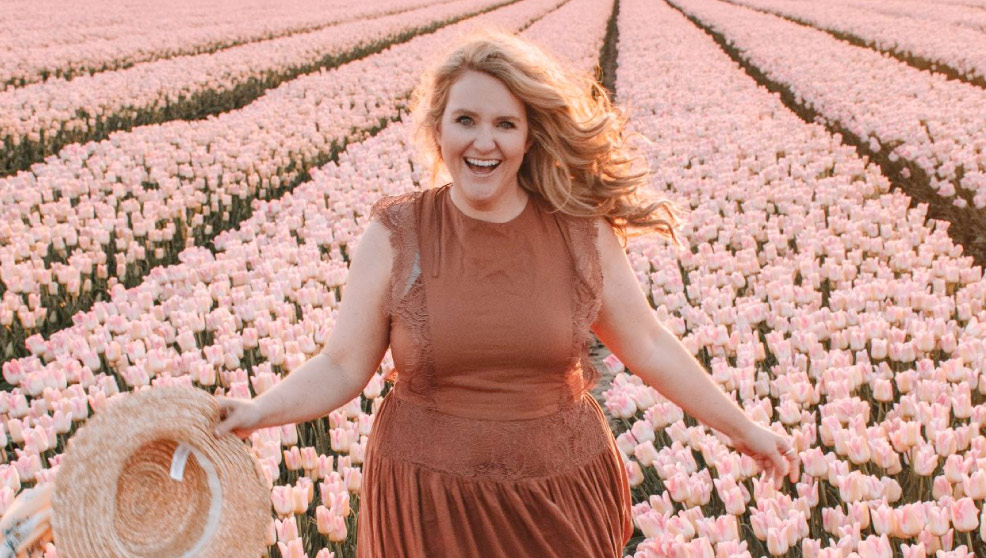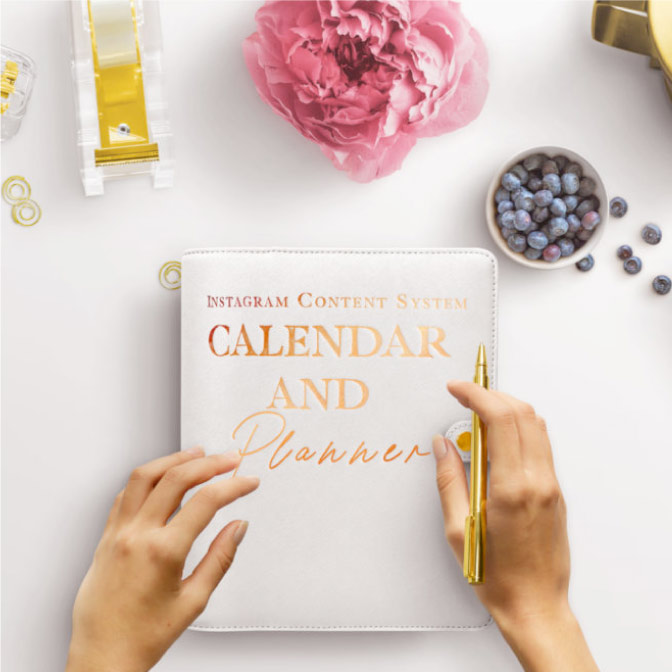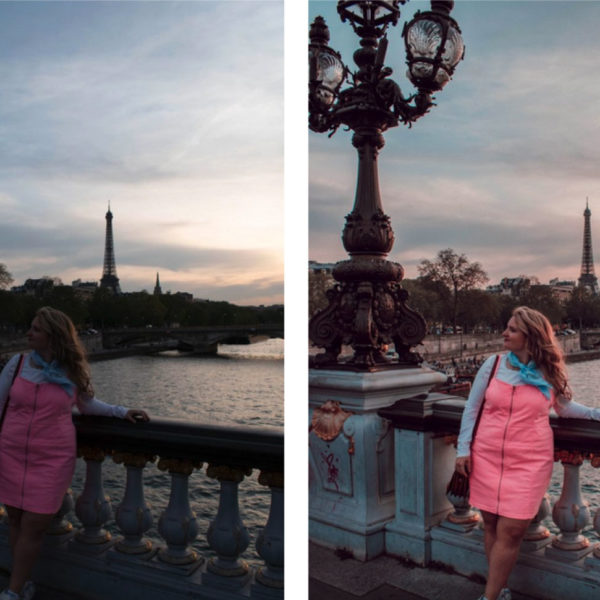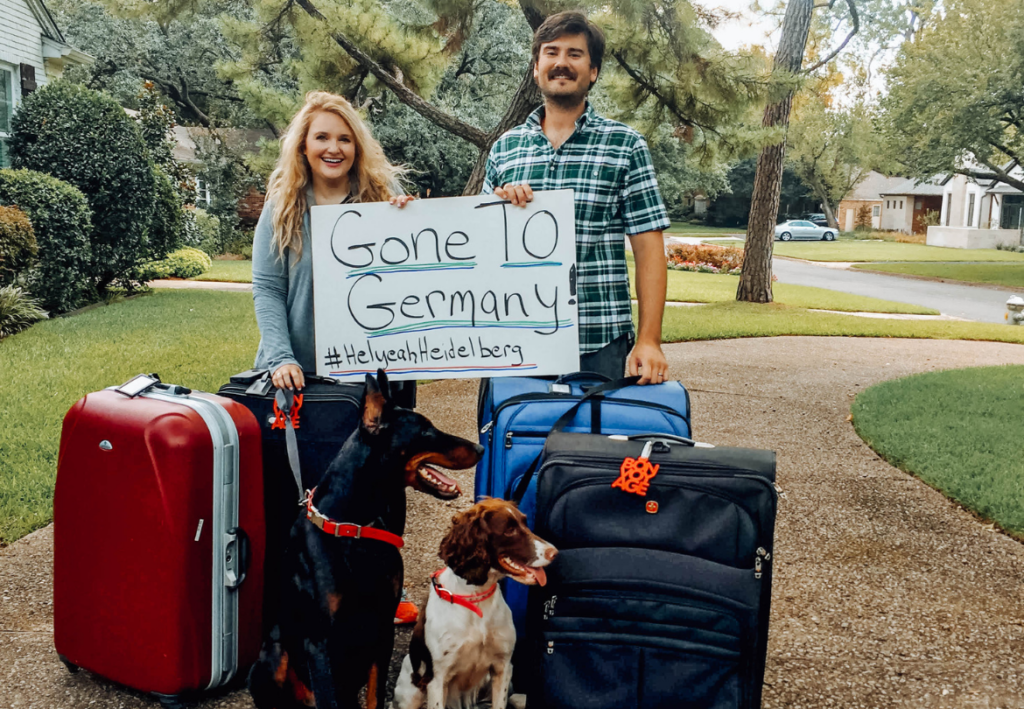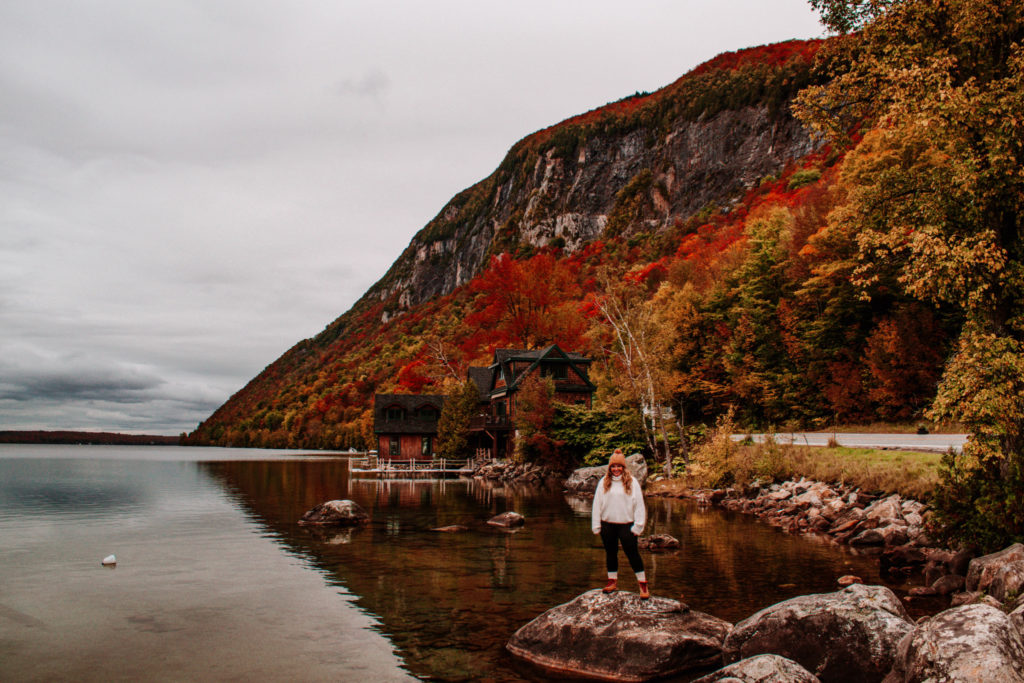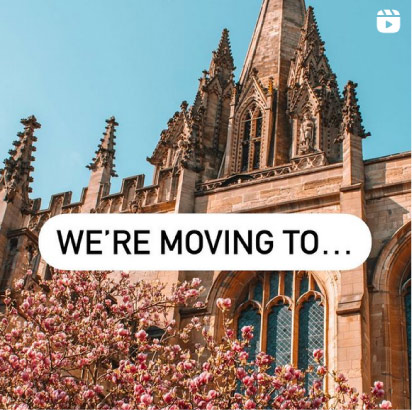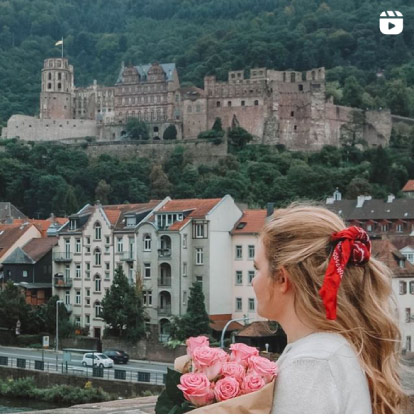The German language isn't the most romantic language, but it's straightforward in it's construction and they mean to get to the point. Just like many Germans! For example the word for “gloves” in German is “Handschuhe” which literally means hand shoes. Who needs words like mittens or gloves when you're just talking about your hand covers?! When visiting a country it's nice to have a handle on the language. These 10 German phrases are key to know before visiting. You'll learn the classics, like how to say “thank you” in German, but I've thrown in some fun ones in, too.

10 German Phrases You Need to Know When Visiting
Thank you in German
Danke – Thank you. This is the simplest way Germans say thanks. You'll find that Germans used to be more formal, but nowadays it's okay to keep it informal. Meaning, no side glances if you use an informal phrase.
Vielen Dank – Many thanks! This is a common way to say thanks in a quick and friendly way. Pronounced “vee-len dank”. It can also be translated to many thanks or thanks a lot.
Dankeschön – Thank you very much. The perfect way to say thanks in German after a hearty German meal or after someone helps you find which train to take.
You're welcome and please in German
Bitte – Please. This is a super common phrase you'll hear throughout Germany. You'll likely hear this from your waiter when they ask for your order, drinks, or the bill. This is often used as a kind of greeting as well.
Bitteschön – You're welcome. This is an easy way to let someone know they are welcome and is typically used in an exchange such as at a cash register after paying for goods.
My favorite German words
Genau – Exactly. Quite possibly the most used word in the German language is “genau” which means “exactly”. It's an agreeable word and it's one that I hear at least 100 times on a daily basis. For example: Do you want to go sit on the river? Answer: Ja, Genau. (Yes, exactly.) P.S. Germans absolutely love sitting on the river. Or in the park. Or at a cafe. There's an art to it, believe me.
Related reading: What's I've Learned About Germans Since Moving to Germany
Ausfahrt – Exit. Don't sit there and act like you looked at that and didn't think “ass fart.” Well, if you didn't then I guess you're much more mature than me. “Ausfahrt” translates to exit, so you'll see this when leaving a parking lot or exiting the freeway.
Entschuldigung – Excuse me. This is the proper way to say excuse me or sorry in German. You can say this if you've bumped into someone or if you happen to be in the way. The literal translation means to apologize so you know they will say this loud and clear if you're in their way!
Having a pretzel (Brezel in German) at Oktoberfest in Munich.
Greetings in German
Guten Morgen – Good Morning / Guten Abend – Good Evening / Gute Nacht – Good Night. Guten in German means “good” and is a common phrase when greeting someone. You'll most likely hear “Guten Tag” which means good day and is a great way to greet a passerby. Although talking to strangers in Germany will immediately paint you as odd and you might have to Ausfahrt after doing so.
Hallo – Hello. How Germans greet each other, especially on the phone or to a friend.
Tschüss – Bye / Auf Wiedersehen – Good bye. “Auf Wiedersehen” is certainly a mouthful, but it's the formal way to say goodbye in Germany. You'll see this as you enter airports, train stations, and new places. The less formal, Tschüss, is almost sing-songy and is the fastest way to say bye. Don't be surprised when people you haven't even spoken to say goodbye. I swear it's a German past time to say goodbye.
Common Questions in German
Sprechen Sie Englisch? – Do you speak English? This is a go-to phrase for me. The German language is tough and if nothing is making sense sometimes the best bet is to switch to English. Germans are excellent English speakers so this often works easily.
Wie geht es Ihnen? – How are you? Remember that the “W” in German is pronounced like a “V” in English, so this is pronounced like vee geyt ês een-en? This is a prime opportunity to use another word in German you've learned: “Gut!” as in “good”!
Ein Bier, bitte – One beer, please. If you're planning on going to Oktoberfest, or anywhere in Germany, you'll need to know how to order a beer. A dark beer is “dunkel” and a light beer is “helles” meaning pale. You'll also hear “dunkelweizen” which is dark wheat. And “hefeweizen” which is “yeast wheat.”
With a few keywords and phrases it makes getting around the country much easier and the locals usually give you less of a hard time. For more help on Germany check out all of these helpful posts and guides. Maybe I'll see you strolling the Haupstrasse (main street) soon. Guten Tag!







